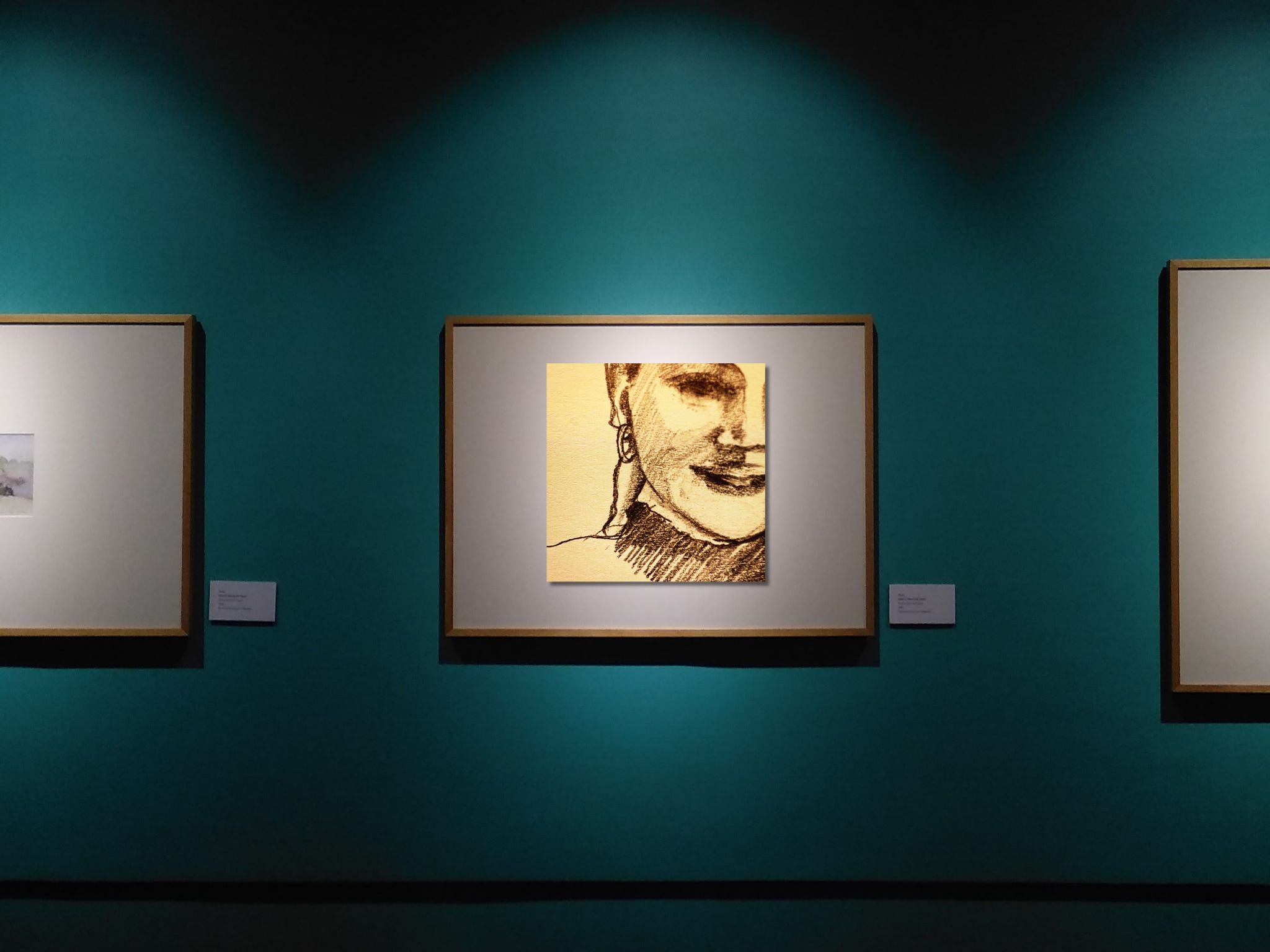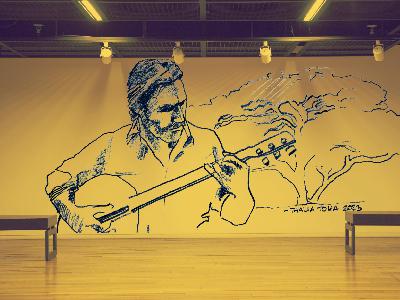9. Backing their career without slashing yours
Description
If you dedicate your life to others, is it selfish to persist in what you want? What about if you’re married? Or if you’re in a committed relationship?
Either way, what exactly would you do if you have to choose between your own advancement. And that of the person you love?
How should you support the careers of your wife, husband, partner, or anyone you care about—without sacrificing your own? If there is such a thing.
Are you in the school of Oscar Wilde? Who found that:
“Ultimately the bond of all companionship, whether in marriage or in friendship, is conversation.”
Or are you like Amelia Earhart, who shared:
“You must know again my reluctance to marry, my feeling that I shatter thereby chances in work which means most to me.”
Whichever one you resonate with, being committed to someone, or even something, is not easy. It’s even harder when what you want, is not the same as what they want. Let alone if both parties have sacrificed so much. And if both feel indebted to other friends and families who have made them who they are. And if both have much to prove.
The question is: what would you do? Would you continue in supporting the career of your wife, husband, partner, whoever else? Would you sacrifice your own career and dreams for theirs?
Or is there another way?
Eugene Baah went from living in poverty-ridden government housing in the UK, to learning from his mother from Ghana, to playing for the British Nationals and junior Olympics, to entering the Ivy Leagues, to working with Philadelphia 76ers, Slack, Microsoft, and Afriex, to then becoming a proud father of 5 (yes, FIVE!),
Listen to this episode if you’re curious to find out about how to support the careers of your wife, husband, partner, or anyone you care about—without sacrificing your own.
—
In case you’re out and about without WiFi later, download this episode now.
Music: Silhouettes by Tobias Voigt (License code: 8IDBGGC5WXLDYLAU)
Previously:
NBA's Allen Iverson and Philadephia 76ers' advice to a young man: "You're wasting your time if ..."
In this episode:
Scarcity v. contentment: Which a bigger motivator?
The childhood hero who was unaware of his corrosive motivation
Positive v. Negative sources of motivation: Better things that keep us going
The surprising revelation of being on the wrong path: The only thing to do
Navigating strength in numbers: “How many kids should we have?”
Supporting your partner’s interests without having to give up yours
Why gratitude through paying back isn’t always easy, even if you want to
The powerful luxury of sending money home
The awkward 10-minute post-meal check that has nothing to do with the total amount due
Episode 9 TRANSCRIPT
Scarcity v. contentment: Which a bigger motivator?
EUGENE
And so just being able to go to different types of people, people who are significantly younger than me, and just be like, hey, I don't really know what's going on here.
Do you want to take a look?
Can we look at this together?
And not feeling like I have to have all of the answers.
And so I do remember specific times or places where I'm in that computer lab and I'm going through those range of emotions.
THALIA
So what did you do specifically to be able to sit comfortably with kind of being like, just borrowing
your words, being the dumbest person in the room?
Do you then just kind of, you know, take a couple steps back from the computer or whatever it is that you're doing and then going, okay, and just kind of in your mind going through certain things.
Do you tell yourself something?
Do you turn off the computer?
Do you grab a snack?
Like, what did you do? Is it stillness?
Or was it kind of like a quick kind of gear shift almost?
EUGENE
It's more of like a quick gear shift by just going to the root of like, like, where's this feeling coming from?
And it's usually if it's coming from a place that I deem as negative, then
I want to kind of put it aside. So am I concerned about the way people may view me? Is that positive? So I may view that as something negative. So it's not a situation where I don't care about anyone else. No, I do respect the people around me.
But, I can feel like the idea that you need to please everyone around you could be harmful. And so when I'm recognizing that it's coming from a place of maybe insecurity, I really want to make sure that I check that.
You know, so it's really like holding a gentle but honest mirror to yourself and just like, hey, like, where is this coming from?
THALIA
Yeah, and it's sometimes the things that you see in the mirror, you don't always like what you see.
EUGENE
You don't like what you see. And I know people who don't have mirrors in their house, for that reason, or step at a scale, right? Because they don't want the number.
THALIA
I was thinking about this because I was talking to somebody else about why we have trouble accessing certain thoughts like this where you're aware, “Oh, this is a negative emotion. I'm just worried about—I have a fear of man. I'm worried about what people think of me.”
I think it's very hard for people to access and acknowledge that.
I know that we live in such a fast pace and modern world and everything is go, go, go.
I remember even just taking long walks for a long time, you know, it was hard for me because A, I felt bored, but then and B, I was like, “Well, what's the point in this?”
I felt like I was wasting my time.
But then it started to get to a point where I go, why am I? Why did I think that this is boring? Why do I think that this is a waste of time? Oh, maybe it's because I was, I think that maybe I don't like having a riot of thoughts in my head when things are kind of oh this is a to do list that I'm not getting done right or maybe I don't like the idea of just quietly being with myself and just looking around and being content.
That's the other thing, too.
I think contentment is so hard to find these days.
And, you know, you're always constantly having an input right in front of our eyes and our faces.
EUGENE
Yeah, I think that's that that can be an issue. I think for me, I'm at the point where I've become pretty good at not caring what others think.
So I find that I'm trying to continue to have the same drive that I had growing up, even though I don't have the same scarcity that I had growing up.
And thinking about how I can now help my kids who are growing up in a very different socio-economic status than from what I grew up in and making sure that they are happy but at the same time driven.
I've been around a lot of people who are just extremely talented but don't know how to get from A to B or don't have the desire to do it, And that to me was pretty sad to see when you see this talent being wasted because life is so short and you only have one life.
And so I really want to continue to maximize the life that I've been given for sure.
THALIA
Yeah, it's almost like if you see kind of like a tree and it's, it doesn't have any enough soil or something and it can't grow to the size that it can, or the root, it can't take root, you know, because it doesn't have room to spread.
It's kind of like that.
I wonder, you mentioned scarcity and drive.
Do you think that scarcity is a bigger motivator for the drive?
Or do you feel like people with abundance and who have a lot actually have a harder time being motivated? What do you think?
EUGENE
I think that it's easier to use scarcity as a source of motivation.
It's more like a negative source of motivation for me, right?
Like I put that in the same bucket as revenge or proving my high school teacher that I'm smart. People used to tease me in high school or middle school. Those are all negative sources of motivation. But they're extremely powerful and it's possible that they can get you very far. But once you get there and those things no longer are there then what happens you either potentially start creating new things um more negativity so that you can continue to be fueled.
The childhood hero who was unaware of his corrosive motivation
And I saw that one of my favorite players growing up was Michael Jordan. He was the most motivated, most driven guy. Then I remember listening to his Hall of Fame speech. And he was literally calling out [everyone who didn’t believe in him. “What I hated,” “Because you did this to me,” or “I used to do,” And I was just like, “Wow, this is so messed up!”
And I realized then that I didn't want to be motivated that way.
And so what I'm trying to do is find more positive sources of motivation, because they're more stable sources of power.
Those negative forces that we spoke about earlier, they're extremely volatile. And they're toxic. They don't make you a great person to be around sometimes, right?
And if you're working this hard and you're going on this journey, hopefully you don't want to do it alone.
Hopefully you want to be around people that want to be around you.
There's no reason why that really challenging journey can't be fun and enjoyable as well. So that's why, unlike Michael Jordan, who was a childhood hero of mine.
I really thin
















![1. Why we want to do everything at once [An Internal Logic] 1. Why we want to do everything at once [An Internal Logic]](https://substackcdn.com/feed/podcast/1909227/post/138192032/ed23403f2ddb56ee3e75c8377474e6fe.jpg)



